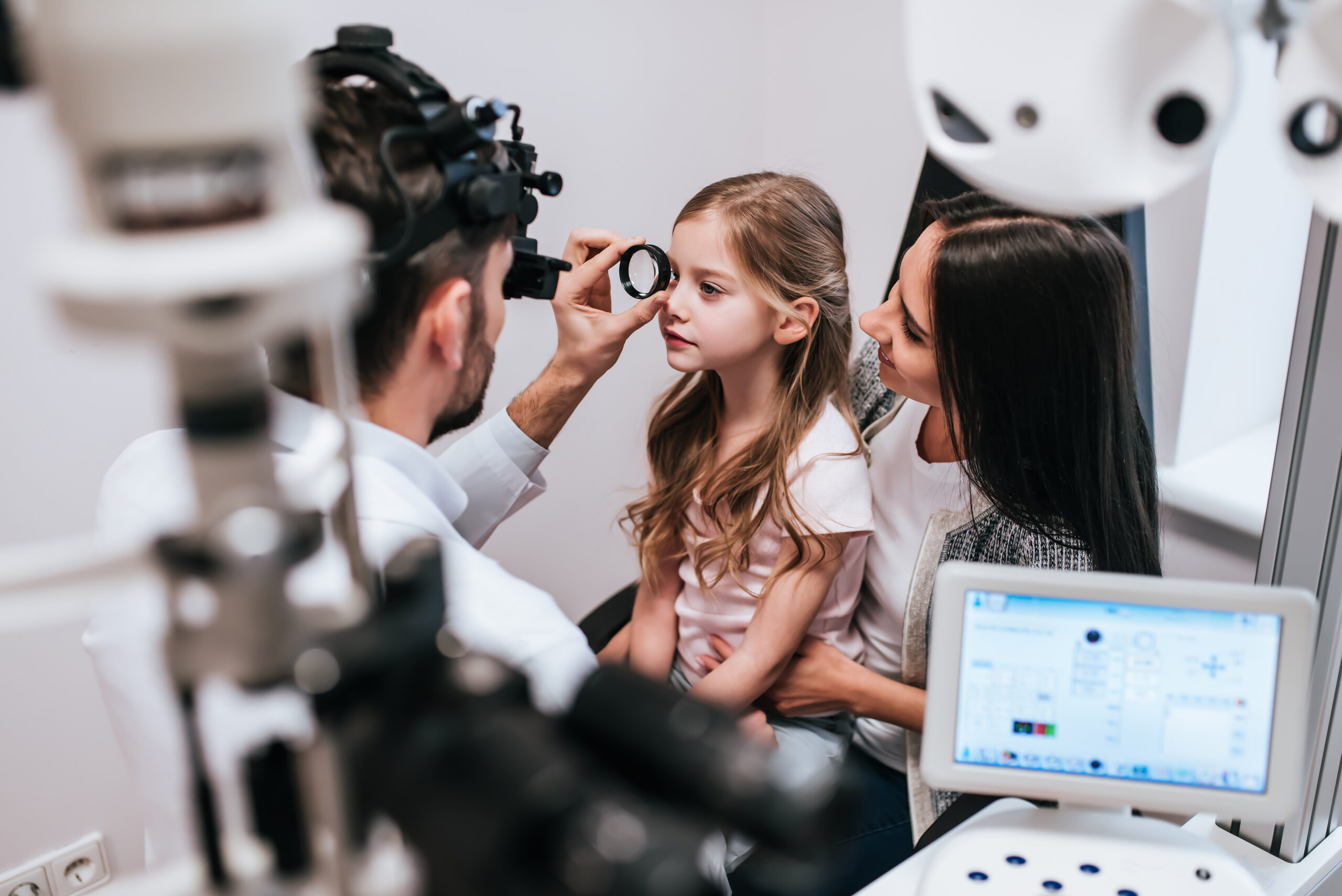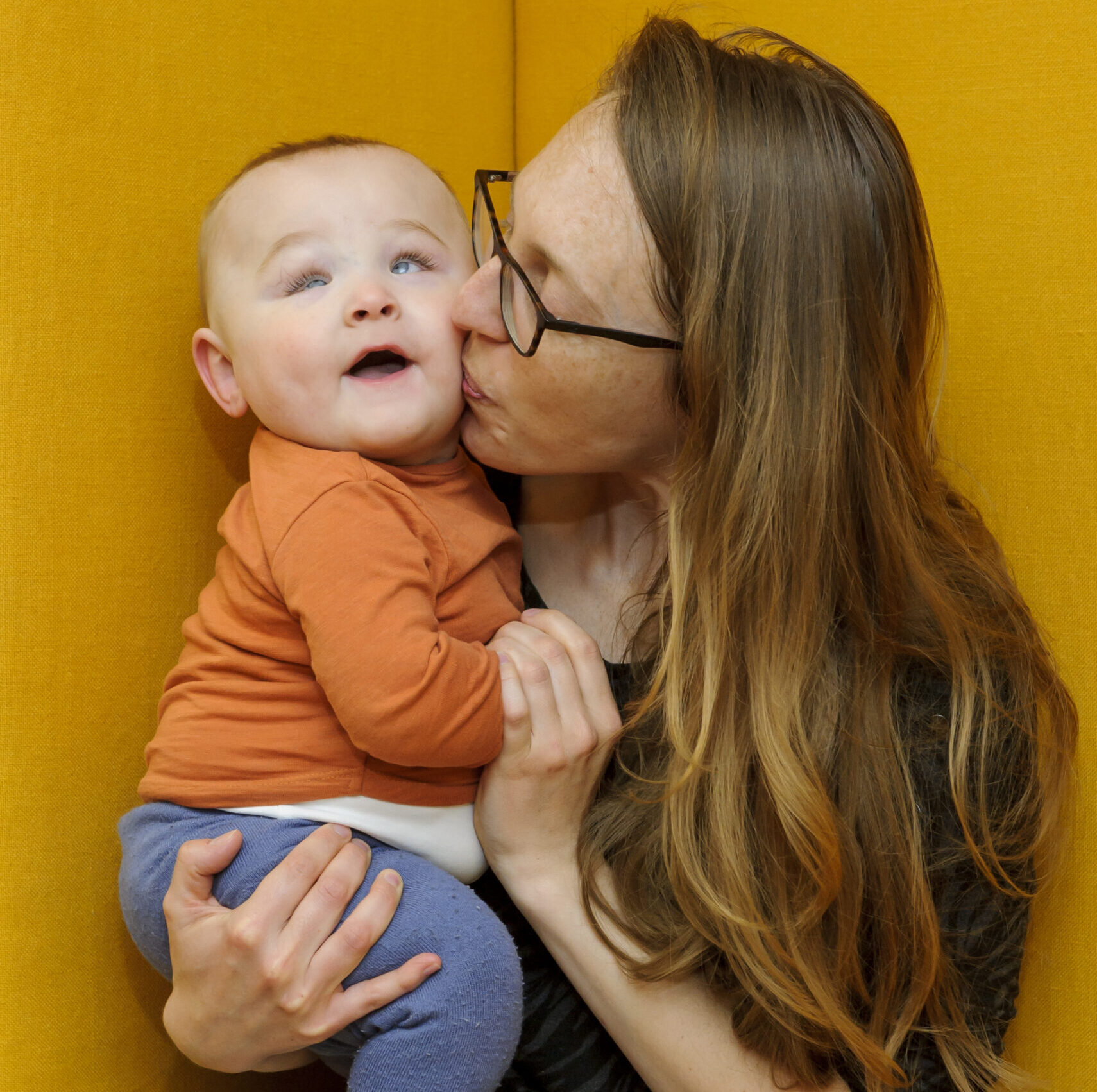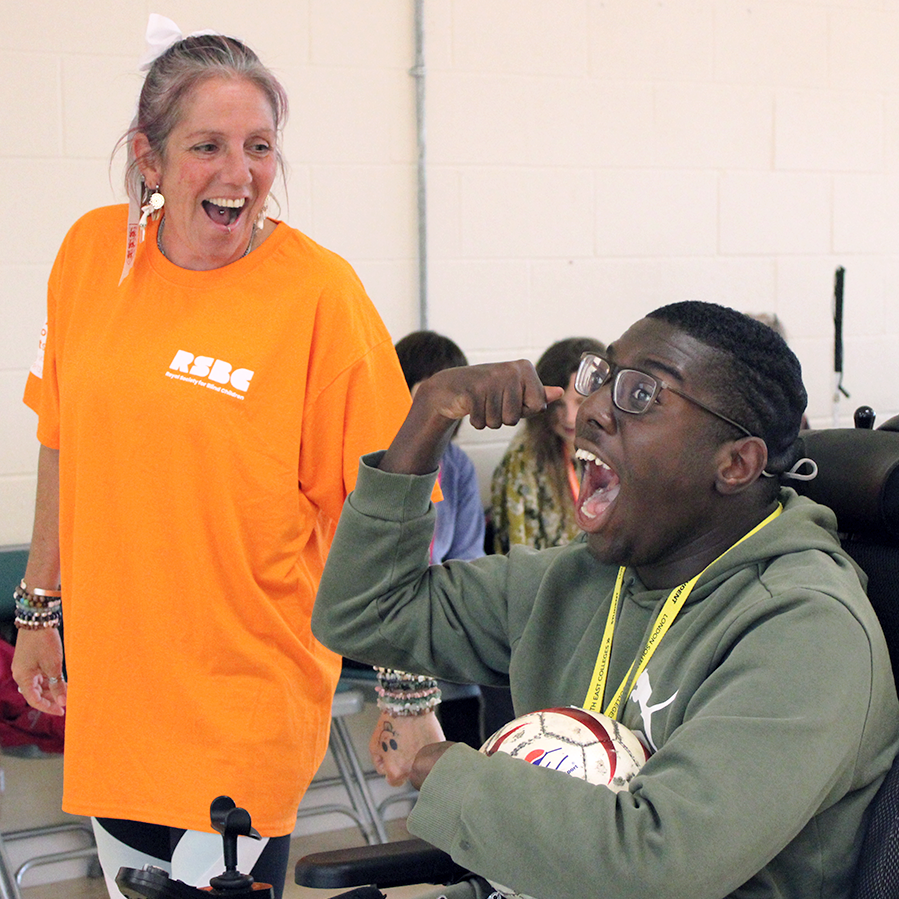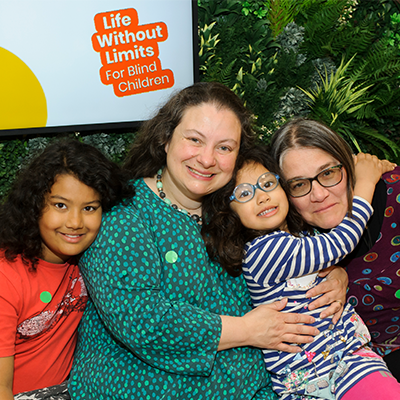Accessible Voting for Vision Impaired Youth: RSBC’s Call to Action
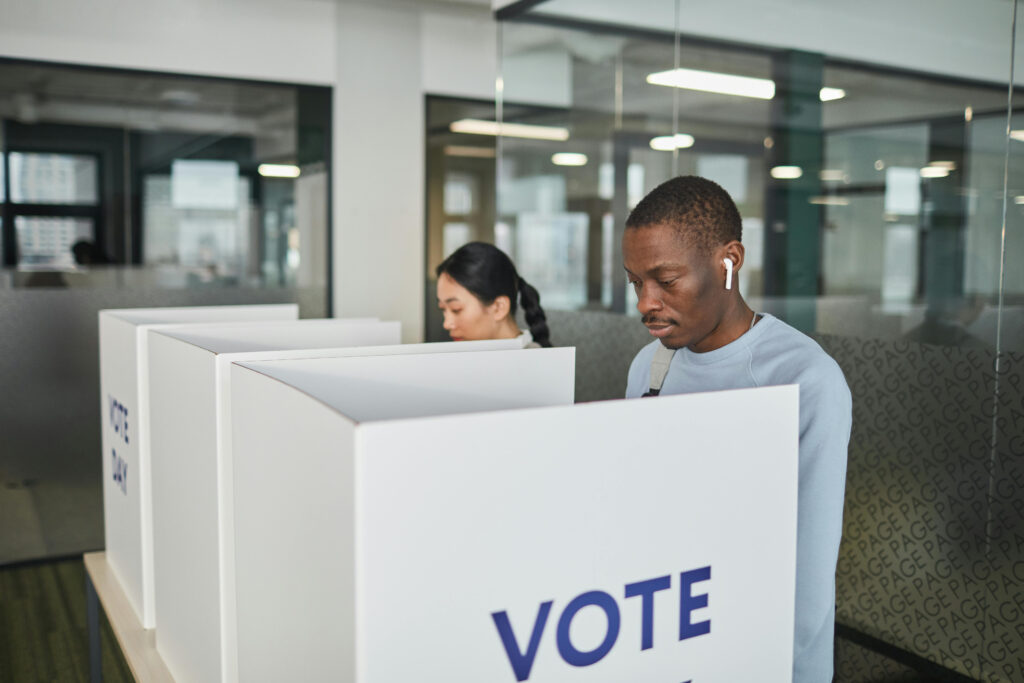
July 12, 2024
Enhancing the voting process for blind and partially sighted young people: RSBC calls for action
A week on from the election, the dust is settling, and the highs and lows of election night are fading from our memories. But, despite some improvements in electoral accessibility for blind and partially sighted people in recent years, large numbers still aren’t casting their vote.
Engaging the young people we support in the voting process is something that we’ve placed considerable focus on at RSBC in recent years. For example, at our specialist further educational facility, Dorton College, in the London Borough of Bromley, we dedicated a full day to educating students on democracy and voting access as part of the British Values section of our curriculum. And yet only 2 of the 21 students at the college voted in the 2024 UK General Election. One completed a postal vote, along with the rest of her family, and the other voted in person – with his dad. He said, “I have to trust that my dad put the cross in the right place.”
Josie Grainger-Francova, Principal of Dorton College and Education Director at RSBC, said:
“Although the majority of our students want to vote, they find it very difficult to do so. Whether it’s navigating the procedures needed to be able to vote in the first place, having issues in getting to the polling station as a vision impaired person, or knowing that the right technology will be in place to allow them to vote independently and in secret, there are significant barriers which discourage them from casting their votes.”
Engaging young people in their futures is vital
RSBC has found that a significant impediment to voting for vision impaired young people is the ease with which they can vote in their area and, consequently, the support they receive from their families to be able do so.
RSBC’s Youth Forum is a group of blind and partially sighted young people aged 16-25. They meet regularly with trustees and staff across the organisation to ensure that the voices of blind and visually impaired young people are amplified, and the Forum is a key driver of the charity’s services and engagement.
We asked members of the Youth Forum who voted at the 2024 election about their experiences. It was notable that their experiences were mixed, ranging from a lack of accessible voting forms – which meant relying on family members to put the X in the right box for the young person – to a “pretty good” experience at another polling station.
The Youth Forum’s voting experiences
“My dad had to help me vote, as they had no large print or braille forms available, which was very annoying.” – Kaya
“I voted online as it’s much easier to do so, but you need to sign up on the Gov website beforehand. They’ll then they send you a QR code in the post and you choose who you want to vote for. I think that’s much easier than going in to do it in person.” – Ikra
“I did go and vote. They had one of the braille pads with the numbers on and they got excited, as they didn’t know whether they’d have someone to try it out on! To be fair, it was good compared to the last time I voted – I went with my dad, and the people who were doing it ignored me and just spoke to him. All in all, it was pretty good.” – Rufus
“My voting experience was at the RNC (Royal National College for the Blind). They used one of the rooms as a polling station. I had someone to help me make my mark in the box. I was introduced to one of those tactile devices – which is lined up with the ballot paper and you can just lift the flap and there’s a box that you can make your mark. I would use it again if I could have support to make sure I was using it correctly.” – Rona
RSBC urges new government to build on progress made
Julie Davis, RSBC CEO, said:
“We call for the new government to ensure that vision impaired young people can properly exercise their right to vote with dignity and independence. They must listen to their concerns and address their needs, so they fully understand how to make the process completely accessible. A 21-year-old young adult should not need their parent’s help to be able to vote. This needs to change immediately.”
